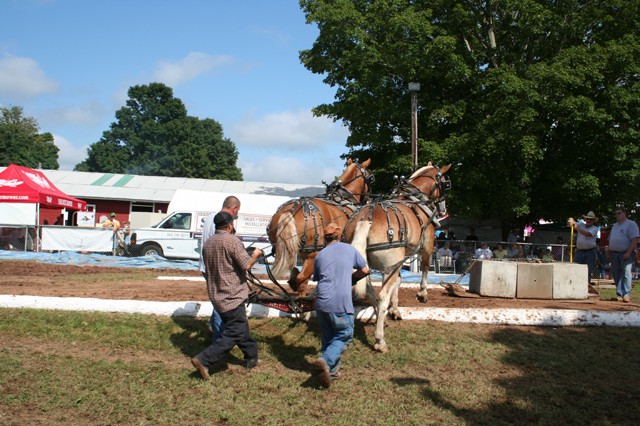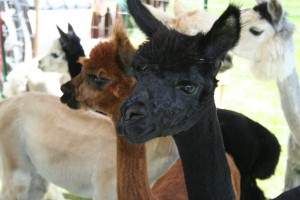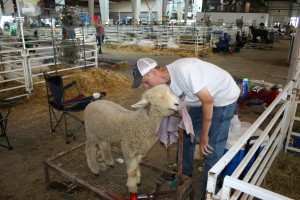Growing Farmers And Ranchers? Good Idea
The closest many people ever get to livestock is at an agricultural fair. Many have no idea how their food is grown or where it comes from.
The U.S. agricultural population is poised to make a dramatic change, according to the USDA, as half of all current farmers are likely to retire in the next decade.
According to the 2007 Census of Agriculture, the average age of farm operators was 57 years. Farmers over the age 55 own more than half the farmland in the U.S. But the number of new farmers and ranchers over the age of 35 is increasing, as does the number of smaller farms and ranches nationwide.
To address the needs of this changing generation, Section 7410 of the Food, Conservation, and Energy Act of 2008 (Pub .L. No. 110-234) amended Section 7405 of the Farm Security and Rural Investment Act of 2002 and made available in Fiscal Year 2009, $17.2 million to fund a Beginning Farmer and Rancher Development Program (BFRDP).
A “beginning farm” is considered to be one that is operated by one or more operators who have 10 years or less of experience operating a farm or ranch. In 2007, approximately 21 percent of family farms met that definition.
The 2011 request for applications is due to NIFA by Dec. 22.
BFRDP grants are funded up to 3 years, at a maximum of $250,000, with a required 25 percent match from in-kind support from non-federal sources.
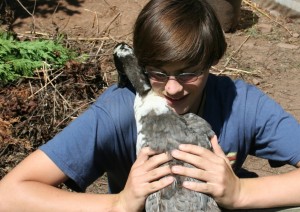 Since its inception, BFRDP has funded 65 standard projects to train, educate and provide outreach and technical assistance to beginning farmers. This year, NIFA will also fund educational enhancement projects to help develop seamless beginning farmer and rancher educational programs by conducting evaluation, coordination and enhancement activities for standard projects and other non-funded beginning farmer programs.
Since its inception, BFRDP has funded 65 standard projects to train, educate and provide outreach and technical assistance to beginning farmers. This year, NIFA will also fund educational enhancement projects to help develop seamless beginning farmer and rancher educational programs by conducting evaluation, coordination and enhancement activities for standard projects and other non-funded beginning farmer programs.
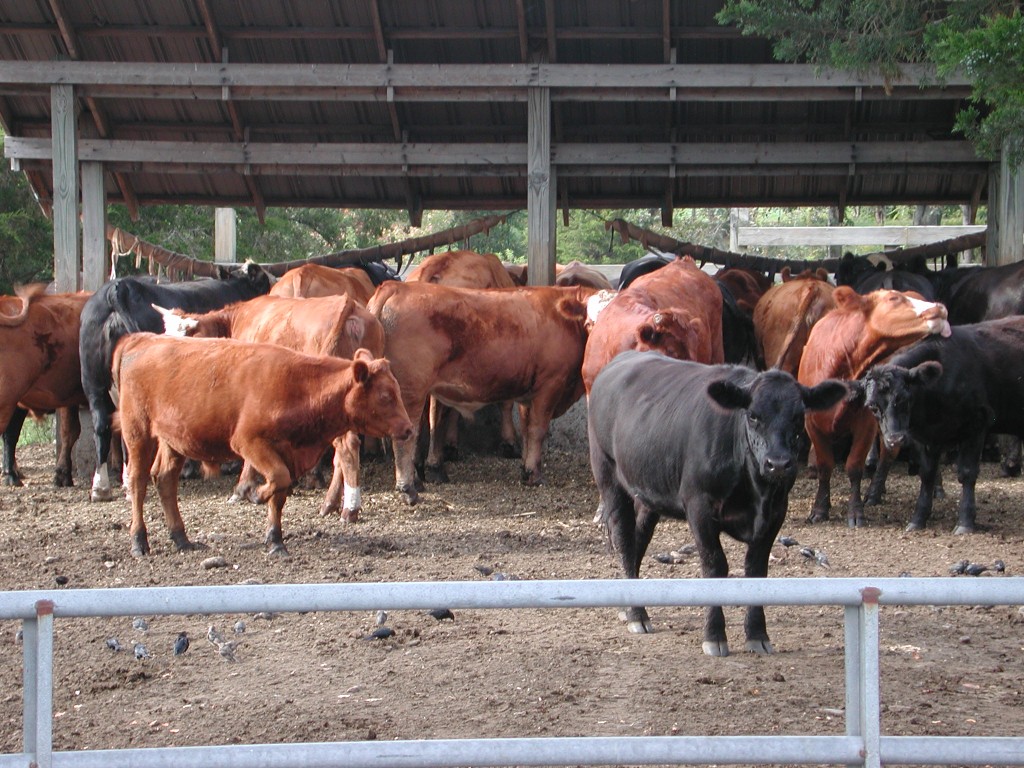
Agricultural Alliance, Farmers and Ranchers
In related news, the American Farm Bureau Federation (AFBF) has hailed the formation of the U.S. Farmers and Ranchers Alliance an “unprecedented initiative and new opportunity” for agricultural producers to engage with key audiences.
Founding of the alliance was announced in Kansas City, Missouri, after a series of meetings since May. In October, farmer and rancher organizations met and voted to form a new organization, and 23 groups have since joined the alliance. AFBF President Bob Stallman was elected to chair the executive committee.
“This is a historic joining together of farm organizations,” said Stallman. “We are committed to developing a well-funded, long-term, coordinated campaign to increase consumer trust in agricultural producers and the food system.” Stallman said the group was formed because of the “deeply-felt need among all the organizations to coordinate and amplify messages about the benefits of our food system in the face of numerous attacks.”
“There is a growing and immediate need to build consumer trust and gain the recognition among stakeholders that food producers must have the freedom to operate in an economically sustainable and responsible manner,” Stallman noted.
Joining Stallman on the alliance board are Philip Bradshaw, chairman of the United Soybean Board; Austin Brown of the Beef Checkoff; Scott George of the Federation of State Beef Councils; Forrest Roberts, chief executive officer of the National Cattlemen’s Beef Association; Bart Scott, president of the National Corn Growers Association; Dale Norton, of the National Pork Board; Dallas Hockman, of the National Pork Producers Council; Gene Gregory, president of United Egg Producers; and John Starkey, president of the U.S. Poultry and Egg Association.
Other organizations that joined the alliance include the American Egg Board; American National CattleWomen; American Sheep Industry Association; American Soybean Association; American Sugar Alliance; National Association of Wheat Growers; National Cotton Council; National Milk Producers Association; Southern Peanut Farmers Federation ; United Fresh Produce Association; USA Rice Federation; U.S. Grains Council; U.S. Soybean Federation; and Western Growers Association.

